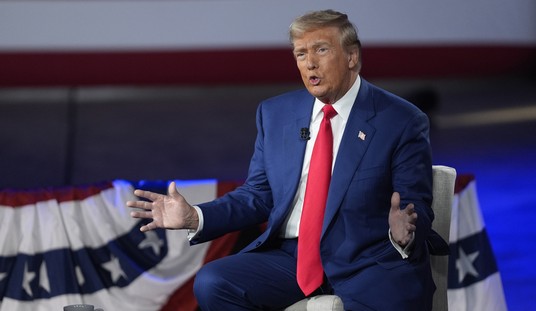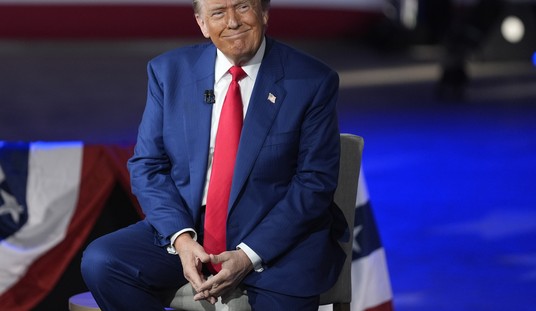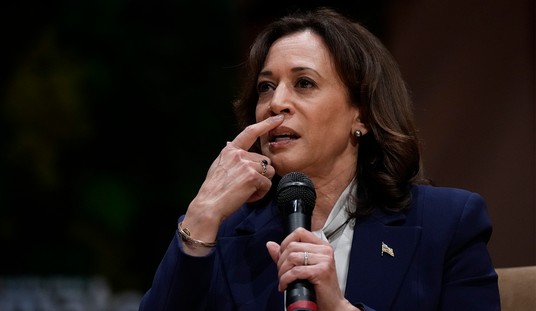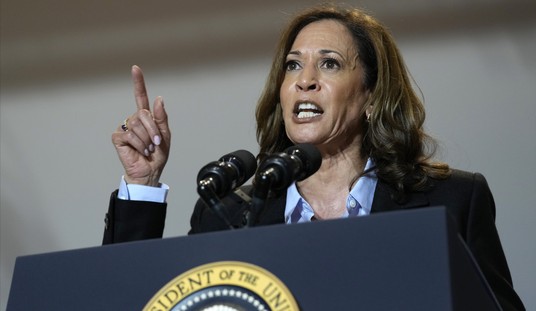Yep.
Rep. Ron Paul (R-Tex.), who is poised to launch his presidential campaign tomorrow, said this week he would not have authorized the mission that resulted in the death of Osama bin Laden, arguing that killing bin Laden was unnecessary and that he has "respect for the rule of law."
In a radio interview with WHO Newsradio 1040, Paul told radio host Simon Conway that, had he been president, he would have pursued an alternate strategy.
"I think things would be done somewhat differently," Paul said, of how he would have handled the situation, citing "respect for the rule of law and world law and international law."
Paul says that instead of sneaking into Pakistan and killing bin Laden, he would have cooperated with the Pakistani government and put the al Qaeda leader on trial - a strategy, he argues, that has worked for the United States in the past.
"I would suggest ...the way they got Khalid [Sheikh] Mohammed," Paul told Conway. "We went and cooperated with Pakistan. They arrested him, actually, and turned him over to us, and he's been in prison."
Right, because bringing cold blooded killer terrorists to trial has worked out so well in the
past.
The first former Guantánamo detainee to be tried in a civilian court was acquitted on Wednesday of all but one of more than 280 charges of conspiracy and murder in the 1998 terrorist bombings of the United States Embassies in Nairobi, Kenya, and Dar es Salaam, Tanzania.
The case has been seen as a test of President Obama’s goal of trying detainees in federal court whenever feasible, and the result seems certain to fuel debate over whether civilian courts are appropriate for trying terrorists.
The defendant, Ahmed Khalfan Ghailani, 36, was convicted of one count of conspiracy to destroy government buildings and property. He was acquitted of four counts of conspiracy, including conspiring to kill Americans and to use weapons of mass destruction.
Guy Benson
recaps the pathetic Ghailani ruling:
How did the US government manage to amass its pitiful .0036 batting average in this case? Crucial evidence was thrown out by a judge because, according to our criminal justice system, its genesis was legally questionable.
In addition, considering Osama bin Laden was hiding out in a luxuroius compound just outside of Pakistan's version of West Point, it seems working with Pakistan on the issue of finding bin Laden wasn't working out very well. Not to mention four other high profile terror suspects have been caught in major Pakistani cities, not hiding in caves as we were led to believe.
























Join the conversation as a VIP Member